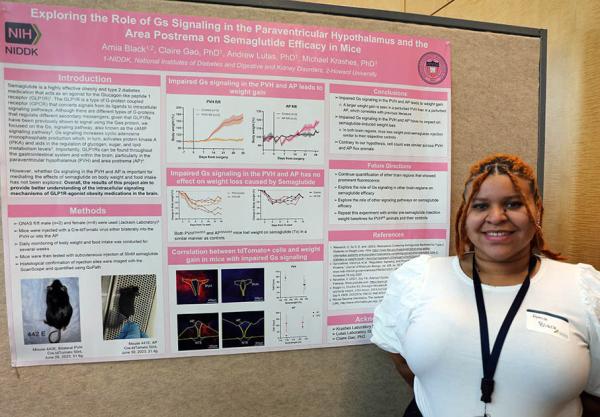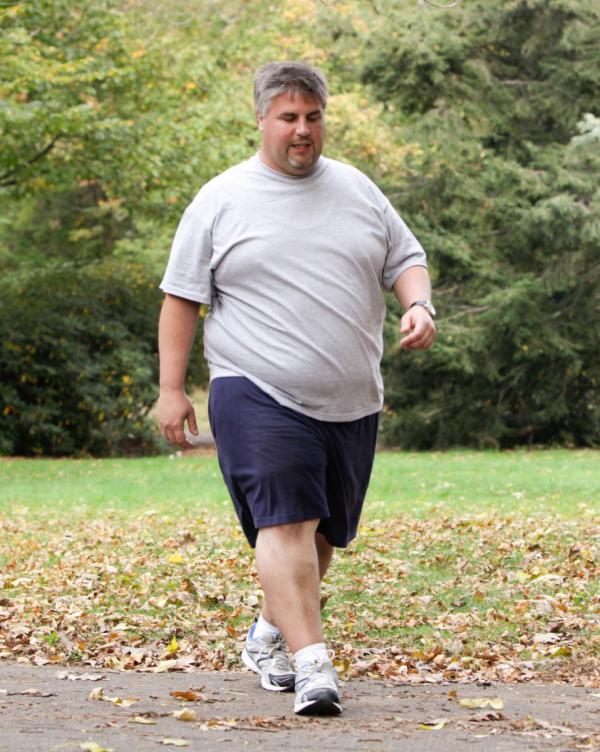Dieting May Disrupt Women’s Sleep
IRP Study Reveals Influence of Calorie Intake and Reproductive Cycle on Sleep
Doctors have long emphasized the importance of maintaining a healthy body weight and getting enough sleep, but in our time-limited lives, we often have to choose between spending time exercising, preparing healthy meals, and getting sufficient shuteye. And the number of hours in the day may not be the only thing that pits weight loss against sleep. A recent IRP study suggests that young women who are not obese get poorer sleep when they change their diets in order to lose weight.






